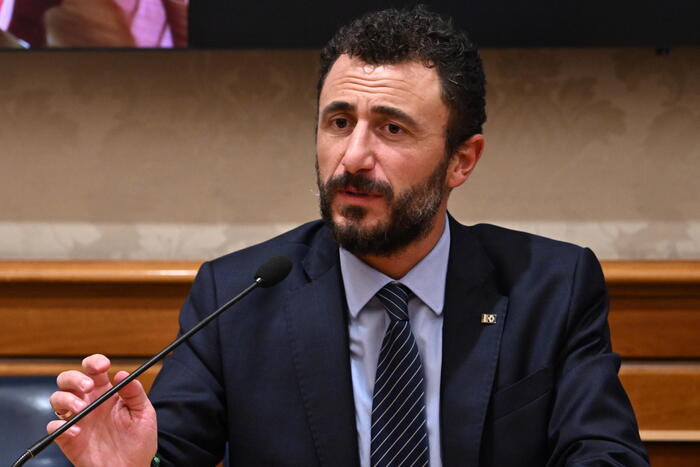Today there is a debate in France how to make a spelling that has different forms for masculine and feminine egalitarian. Those who studied French as a second language learned that their spelling presents greater difficulties than Spanish. And they also learned that the
dictée
is one of the fundamental chapters of the written exams. I remember Ariel Maudet, director of the French Alliance of Buenos Aires, impeccably dressed, walking slowly down the central hall of the classroom where the candidates for the final certificate were located. Still in sixth year we had to go through the
dictée
test
.
Then we would write a four-page dissertation on some literary topic.
If he had the smallest and most nasty spelling mistake, it was blamed on us as an inadmissible defect at this stage of learning, when we had already read Racine and Balzac.
One of the suggested ways to prepare was to copy texts.
In my case, these copies started me in great literature, since Miss Wisé, a Polish exile who spoke perfect French because that then characterized the intellectual layers and the cults in Poland, chose the texts to exercise me.
When I was 10 years old, he dictated to me paragraphs by Jean Giono and Alphonse Daudet, which I reproduced without understanding, just trying not to make mistakes.
English was easier for me, for two reasons.
The first: its spelling is not as elaborate as the French one, which requires mastering three types of accents, differentiated according to the sound of the vowel "e" on which they fall.
The second is that, at school, they taught me English spelling using the simple technique of
spelling
or spelling individual words that were learned by heart.
They were long lists that someone in my house enunciated and checked if I had spelled them correctly.
Freed from the length of a sentence, words are miraculously simplified.
You also learn to speak with the simple syntax of childhood.
Photographs in decorating magazines show few libraries in fancy houses, where books are decorative objects
The advice that to write without errors it is necessary to read a lot in the language being learned was a driving force behind my contact with French. Besides, my grammar was full of authentic literary examples instead of those stupid short sentences with a childish syntax devoid of aesthetic value. I must admit that such a teaching strategy belongs to an elitist pedagogy aimed at students who have several library shelves at their disposal. However, the presence of these large shelves was not mandatory, not even in the homes of those who could have bought the books absent from their walls. Photographs in decoration magazines show few libraries in elegant houses, where books are decorative objects against white surfaces interrupted by vases, squares,fabrics and travel souvenirs.
My house was the first that an architect who defended the modern style had built in the 1940s; the libraries were rectangular holes in the walls. Without books, those shelves would have been inexplicable. But it never occurred to anyone that they were not immediately occupied by their owners' books.
On the other hand, there were the great encyclopedias that we children consulted. I had at my disposal the volumes of
The Treasure of Youth
. No pedagogue felt that this treasure should be simple, neither in its syntax, nor in the words it used. In this way I was learning spelling as I learned the names of the planets, the wonders of botany or chemistry, and the great events of the past. The illustrations initiated me into a kind of
art nouveau
, disguised by the indispensable realism. The spelling came from the side of the interest in that treasure, not from the side of the correction of my writing.
In school, the old pedagogy indicated that, if someone wrote a word with misspellings, they had to repeat the correct version several times in a notebook that served as a draft, and then build two or three sentences with it. All of this did not clear up the spelling mistakes, but it did give them a place in learning. Decades later, I read a fashionable pedagogy book, where a six-year-old boy was asked to write his name. The boy, whose name was Pablo, made a doodle. His adorable guide said: "Very well, Pablito, and now, can't you think of writing it differently?" Pablo made several scribbles, until he reached a picture of a P. "That, Pablito, that's how your name begins," said the person who had accepted all the previous scribbles with tenderness and patience.
Ignorant of pedagogy and in favor of spelling, I thought that Pablo must be the son of rich people, because with that method it would take him a long time to learn to write 200 words correctly.
But, if his family was rich, there was no rush.
He could carry his spelling mistakes all the way to company manager.
You can follow BABELIA on
and
, or sign up here to receive
our weekly newsletter
.

/cloudfront-eu-central-1.images.arcpublishing.com/prisa/OGA35NL6MVCCVHROJKXHKLQQRI.JPG)













